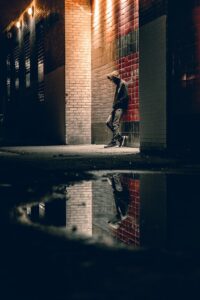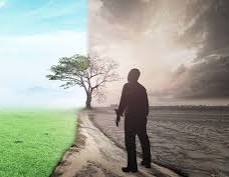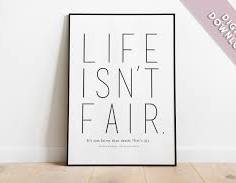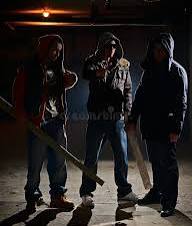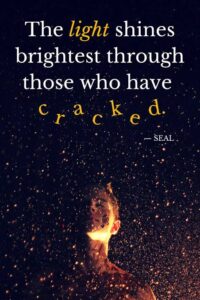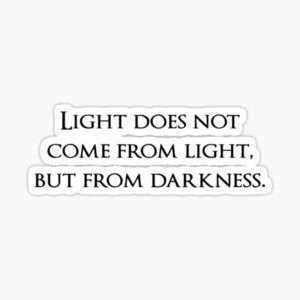To read today’s post and hear the music, please go to the Just A Thought website.
In A Farewell to Arms Ernest Hemingway wrote:
“The world breaks everyone and afterward many are strong at the broken places. But those that will not break it kills. It kills the very good and the very gentle and the very brave — impartially.”
Many young men today are choosing NOT to break and therefore are dying.
— In record numbers.
In my own work in recovery I’ve witnessed young men resisting being broken open.
Addiction feeds on the unbroken.
Hemingway remained unbroken and, like so many of today’s young men, paid the price.
- Suicides are up 40% in the past ten years.
- Young men are killing themselves at 4 times the rate of young women.
Why do so many living in the so-called connected age remain so disconnected?
Young men, particularly, are defiantly checking out.
They feel left out, rejected.
Consider that on the dating app, Tinder, the average right-swipe (acceptance rate) for young men is just … 2%. Young men looking for meaningful connection are getting rejected … 98% of the time.
Why would anyone want to stay in the game when you feel so demonstrably unwanted?
Rejection:
- erodes self-worth,
- starves the soul,
- isolates the heart,
- breeds despair.
In the space between craving love and fearing rejection, young men carry a darkness inside the world rarely notices.
Sometimes, when life deals you a bad hand all you want to do is cry out, “That’s not fair! I demand a different life!”
Trouble is — the only life you get is the one you’ve got.
And that’s the one great truth which every human being who’s ever lived has had to reckon with.
Here’s the story on how I crashed into that reckoning.
My dad had passed away at a time when he and I had many unresolved issues.
It left me feeling
- angry,
- abandoned,
- frightened.
So in my rebellion I ran with a group of similarly estranged guys who ventured out on nightly forays into the darkness.
We’d sneak out and steal beer from the local grocery store, and unattended cars from our unsuspecting neighbors.
In the vernacular of day we were — juvenile delinquents.
It soon came to a head.
On the Friday night before Labor Day in 1963 I was pulled over by the Seattle Police in a stolen Chevy Impala, arrested and charged with grand theft auto.
I was 14.
At my arraignment Judge Robert T. Long lectured me on the gravity of my crime.
Long was a judge who only the year before had sent his own son to reform school for a similar offense. My mother wept from the back of the courtroom.
After remanding me back to the detention center for the long weekend, Judge Long left me with this thought to consider, “Young man, your actions demonstrate you’re marching on the road to ruin. You are heading into a darkness from which you may well never return.”
With that, I was carted off to jail.
My cellmate was a tough kid from the south end of Seattle, a really scary guy with a long rap sheet.
He was waiting to be transferred to a long-term detention facility in Eastern Washington where he had to serve a four-year sentence for armed robbery.
So much for high school.
The jail, on that long weekend, was on lock-down and no one was allowed out of their cell.
Incarceration in a lock-down is a hideously dark experience.
So there I was, locked up with an unrepentantly unbroken young man, scary as hell, who the Creator had sent to illuminate my way out of the darkness.
A guy whose —
- past was far darker than mine,
- present far scarier than mine,
- future far grimmer than mine.
But whose history was similar to mine —
- his father had passed away,
- his mother turned to the bottle, and
- he was left to raise himself.
I could see he was all the things I was: angry, resentful and frightened.
His criminal career began with petty misdemeanors, gradually escalating into armed robberies. When he was finally apprehended he was in possession of a firearm which resulted in a long sentence.
He then went on to share with me, from his own experience, in the rawest language imaginable, what I could expect to find in prison.
Words can’t describe the chill that went up my spine.
I spent four nights in jail, then was released on probation so I could go to school. Jail broke me open to what I never wanted to experience again in my life.
From my cellmate’s darkness came my light.
Sometimes to get opened to life you must first be broken.
Sometimes to find light you must first pass through darkness.
Just a thought…
Pat
*****
Now hear Mark Pearson sing his song, “Only in Darkness.”

